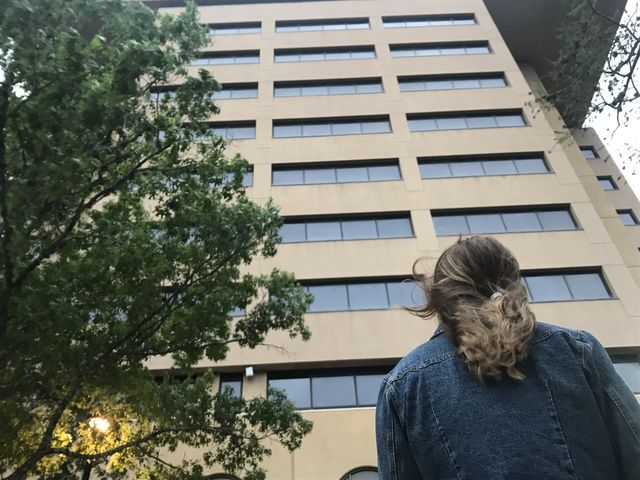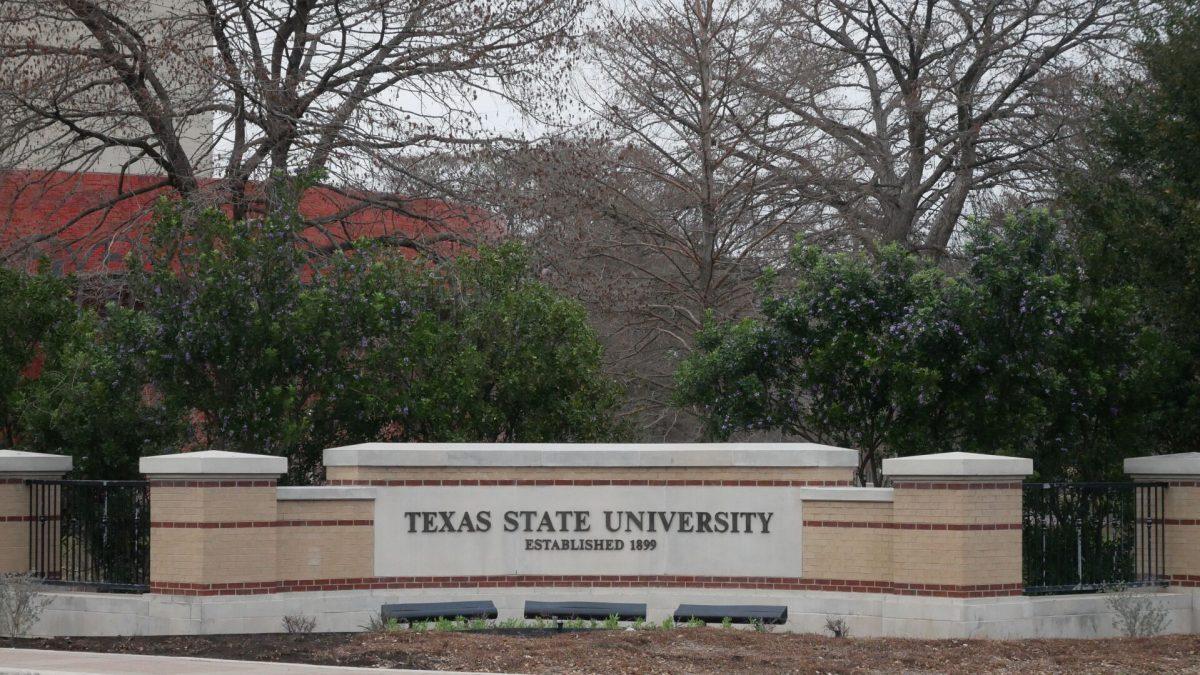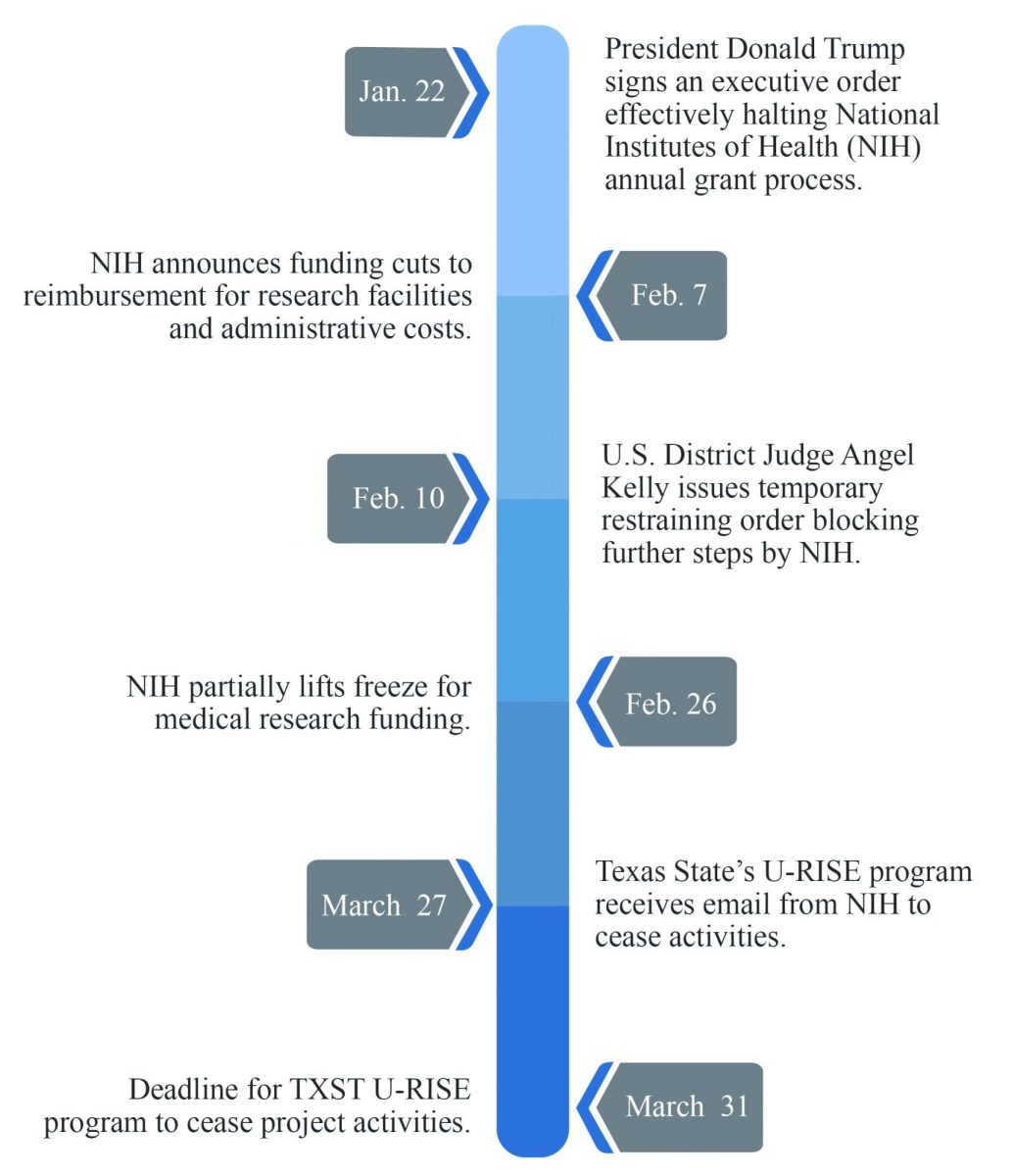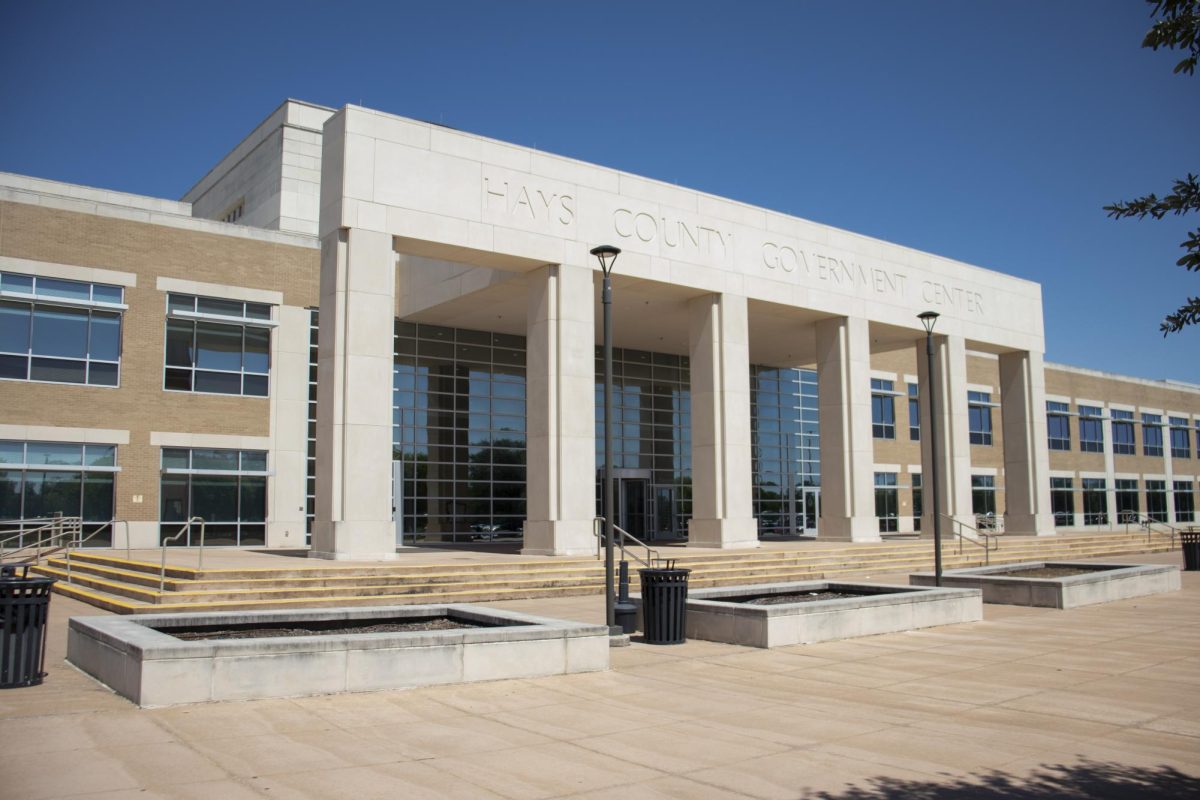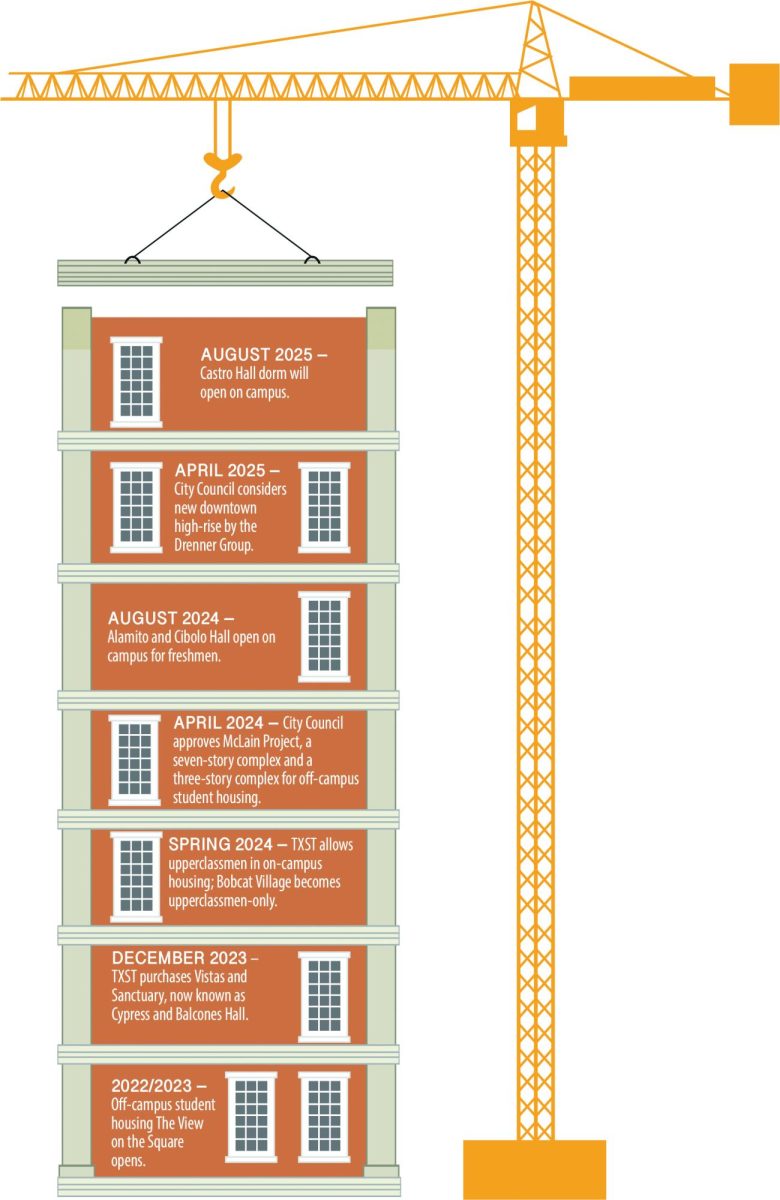Despite an uptick of Title IX reports of sexual assaults of students, only one sanction has been placed on any of the accused in the current academic year.
Nearly 50 Title IX sexual assault reports have been submitted during the current school year, on course to exceed last year’s number. However, last year, five out of 48 respondents saw consequences for the complaints alleged against them. This year, there has only been a single respondent found in violation out of the 47 reports submitted. Currently, 10 of the 47 reports are still under review.
A majority of the 47 reports submitted this year were done so online, where complainants can submit a report either signed, anonymously or under a pseudonym. Additionally, it is mandatory that all faculty, staff, and student-employees report Title IX violations that they become aware of. Once the office of Title IX receives the report, interim Title IX Coordinator Vincent Luizzi and investigators scrutinize the report, determining if there is enough evidence to pursue a case. Once approved, a typical investigation is performed: witnesses’ statements are collected, the complainant and respondent give testimonies, and the evidence is analyzed by investigators.
“A majority of the cases are indeterminable,” Luizzi said. “We either are missing names, dates or any other specifics that could help us out. There’s no real lead there, so we can’t pursue those.”
For the protection of complainants, special interim measures can be taken to separate the complainant and respondent during the investigative process. However, according to several sources, a current resident assistant with two open Title IX cases involving residents still lives down the hall from them.
Cases that leave victims vulnerable can slip through the cracks, leaving complainants like Student Government President-elect Brooklyn Boreing underwhelmed. Boreing reported to Title IX during her freshman year and found the investigative process to be so emotionally distressing after meeting with an investigator that she requested to drop the case.
“There was no ethical appeal in talking to him,” Boreing said. “The investigator seemed emotionless. That was when I decided it just wasn’t worth pursuing anymore.”
Though Title IX’s investigative process resembles a police department’s criminal investigation, penalties are handled differently. In criminal cases, the guilt of the defendant must be beyond reasonable doubt. Whereas in Title IX’s sanctions, the believability must only be greater than 50 percent. The typical consequences involve suspension, expulsion and being banned from campus. Though investigations are performed in the Title IX office, Associate Vice President of Student Affairs Margarita Arellano determines the appropriate sanction to be given. Once a sanction is finalized, it remains on the respondent’s academic record for its duration. For example, a sanction involving a two-year suspension would only be on the respondent’s academic record for those two years.
“I don’t have any written rubric for these cases,” Arellano said. “They are all so unique and I have to take them on a case-by-case basis. If there is any violence or definite penetration, the sanction will be expulsion.”
This year; however, Arellano has seen a decrease in the number of cases coming across her desk, indicating an uptick in respondents not found in violation. Either the complainant or respondent can request a due process hearing, where a new group of people will review the investigation and determine if the sanction against the respondent was too harsh. If this concludes with the prior ruling and either party is still unsatisfied with the ruling, an appeal can be filed. In total, there are two opportunities for a reversal of the initial ruling. A majority of those that apply for the due process hearing and the appeal is typically the respondents, according to Luizzi.
“There certainly have been fewer cases come to me this year,” Arellano said. “Typically, I give out eight sanctions a year. There has only been one so far this year.”
Kelsey Banton, a mental health specialist at the Student Health Center, has worked for the Hays-Caldwell Women’s Center as a victim advocate, where she gave emotional support to victims that isn’t typically available in Title IX or criminal processes. Like in Boreing’s case, the mechanics of the investigation can be exhausting for victims, as the process seemingly favors the respondent with two routes for a sanction to be reversed. A victim advocacy program, like the one at the University of Texas, provides victims with a direct line to a professional who can give counseling and advice. Texas State does not currently have a program like this in place.
“We need to do more for the victims,” Banton said. “Of course, we have resources like counseling and mental health strategies, which is what I deal with, but that doesn’t reach everyone. That mostly has to do with shame and the dynamics behind reporting. A victim’s advocacy program will help fill that underreported void.”
The Hays-Caldwell Women’s Center has victim advocates available for students and community members. Last year, the center helped over 700 sexual assault victims, including both students and community members. Melissa Rodriguez, the director of development and community partnerships, said that the gross underreporting to both the office of Title IX and the university police department has a direct correlation to the lack of sanctions.
“Research shows that less than 5 percent of cases involve victims lying,” Rodriguez said. “The investigative process is very much oriented to protect the school against false accusations, but victims get left out to dry in that process.”
Categories:
Title IX reports more than 40 incidents, only one sanction
April 17, 2018
McKenzie Godeaux, communication disorders junior, walks into the JC Kellam Administration Building, home of the Title IX office.
0
Donate to The University Star
Your donation will support the student journalists of Texas State University. Your contribution will allow us to purchase equipment and cover our annual website hosting costs.
More to Discover



